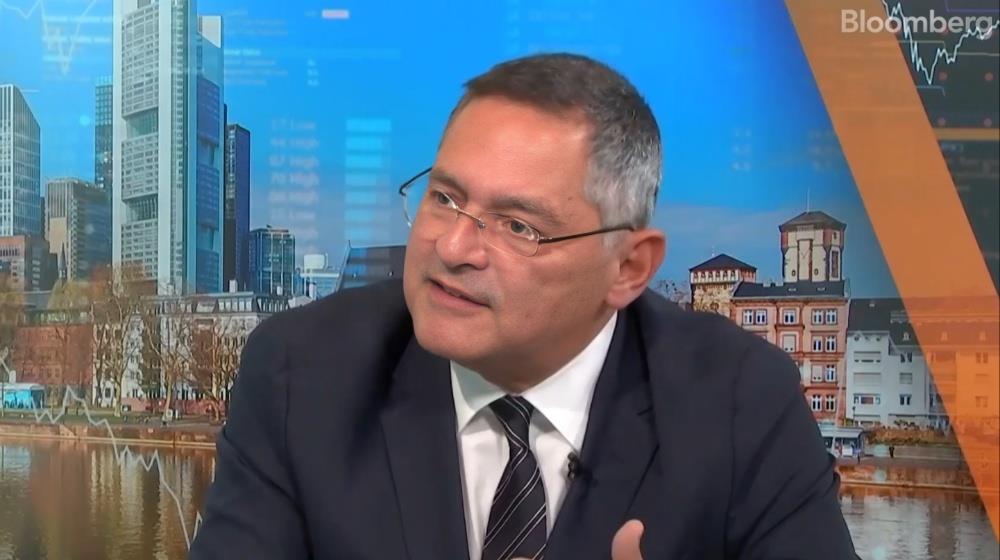There’s currently no need for the European Central Bank to lower interest rates further to deliver stable inflation, according to Governing Council member Christodoulos Patsalides, who is also the Governor of the Central Bank of Cyprus.
With risks to the price outlook balanced and a forecast for 2027 showing the headline measure only just shy of the target, the ECB is in a comfortable position that also means the next move in borrowing costs may well be up, he said, in a recent interview with Bloomberg.
“The present interest rates are appropriate if inflation develops as projected,” he said in an interview in Frankfurt. “So unless there’s any other significant development, there’s no need to take action soon.”
The remarks in a video interview come just after the ECB left its deposit rate at 2% for a second meeting, with President Christine Lagarde on Thursday, 11 September describing inflation as “where we want it to be.” Investors and analysts no longer see policymakers adding to the eight cuts enacted since June 2024.
“Risks are balanced, so this means interest rates could go either way next,” Patsalides said. While he added that the ECB is keeping all its options open, he argued that “I wouldn’t like to exclude a rise in interest rates if the need arises.”
One big risk that continues to hang over the 20-nation economy is US trade policy under Donald Trump. Despite a deal being in place, the president warned last week that more measures could be rolled out in response to the European Union slapping an antitrust fine on Alphabet Inc.’s Google.
Trade tensions bring both upside and downside risks to inflation — depending on whether risk aversion weighs on demand or supply-chain squeezes stoke prices.
Patsalides said “it’s fair to say that the risks to inflation are balanced.”
His assessment goes beyond the one Lagarde offered when presenting the ECB’s latest quarterly projections. They envisage a 1.7% advance in consumer prices next year, with 2027 a bit weaker than anticipated in June.
“In 2026 we’re expecting a short-term deviation from our 2% target, but we’re back to 1.9% in 2027,” Patsalides said. “So we don’t see a reason to be too worried about a more permanent undershoot of inflation.”
The 1.9% forecast in the most recent outlook and the 2% projection three months ago “is more or less the same,” he said.
“Economics is not an exact science,” Patsalides said. “The change was due to technical assumptions, like the exchange rate, as opposed to something fundamental.”
In that context, “it’s sensible to keep powder dry,” he said.
(Source: Bloomberg)









